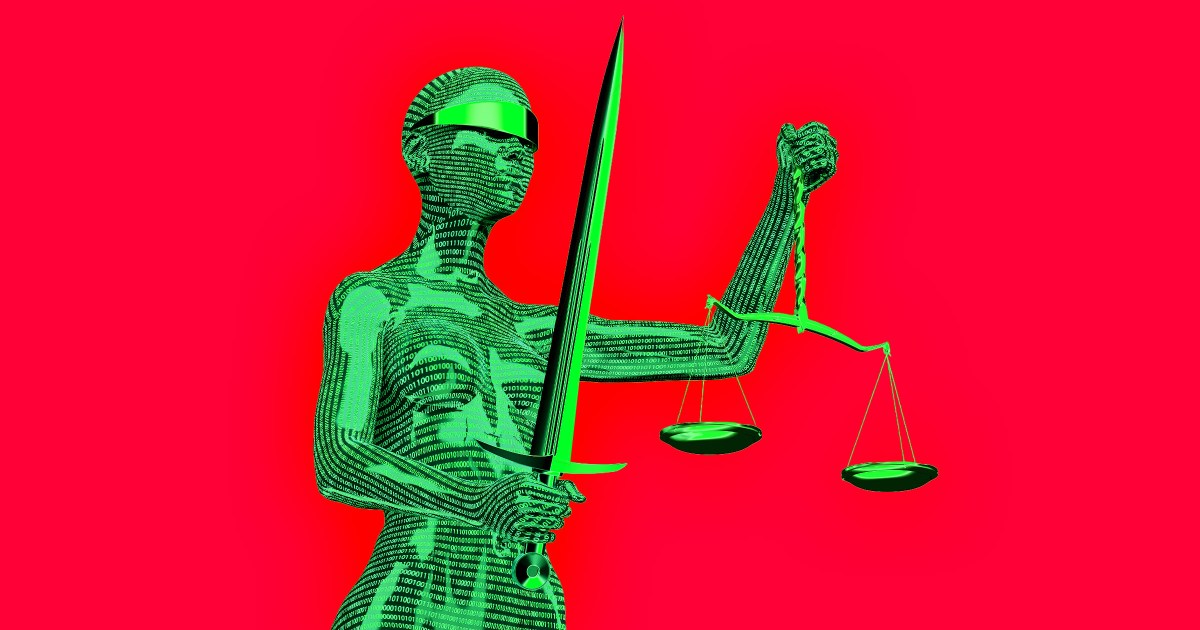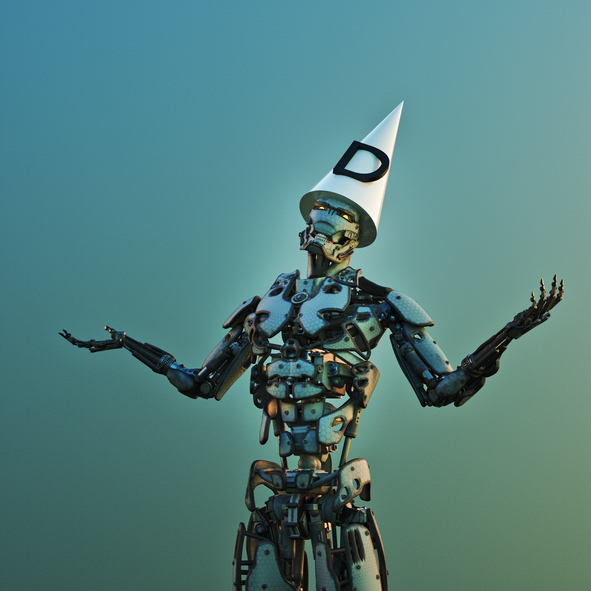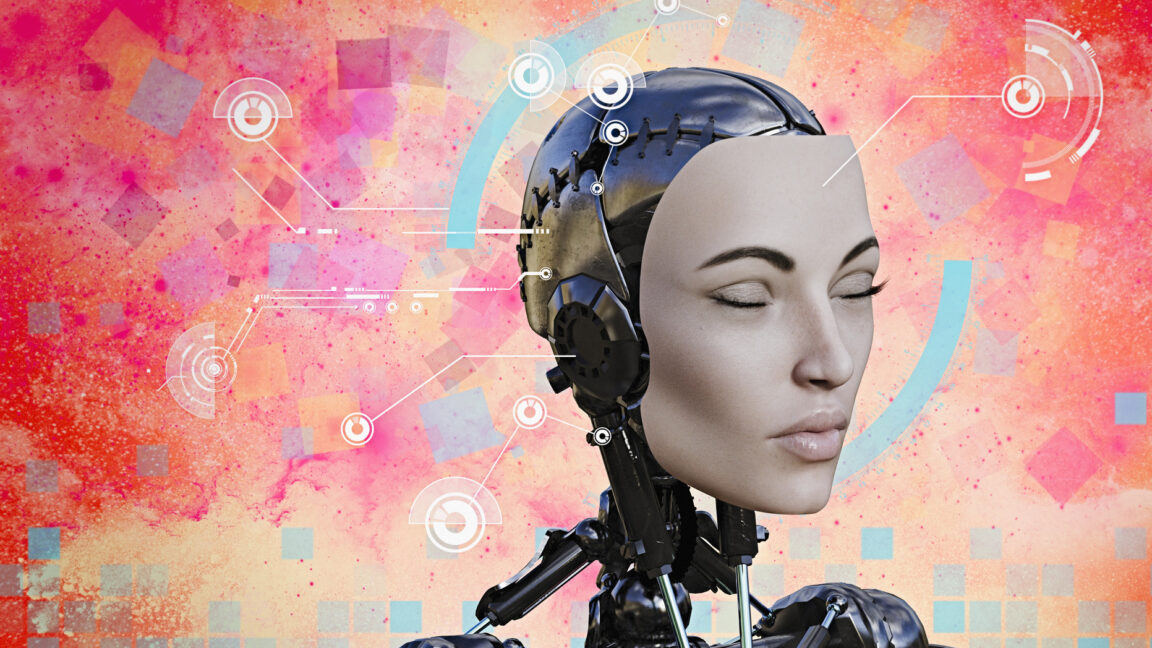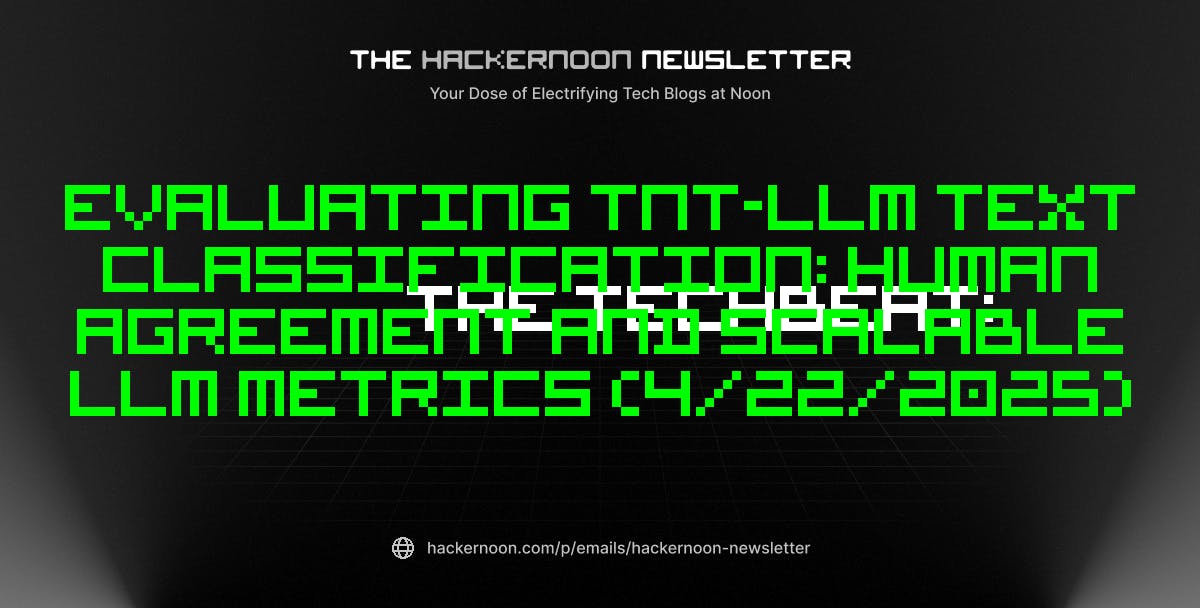fromPsychology Today
13 hours agoThe Tragic Flaw in AI
One of the strangest things about large language models is not what they get wrong, but what they assume to be correct. LLMs behave as if every question already has an answer. It's as if reality itself is always a kind of crossword puzzle. The clues may be hard, the grid may be vast and complex, but the solution is presumed to exist. Somewhere, just waiting to be filled in.
Artificial intelligence













